According to an old adage, says that as soon as a student gets into an IIT his soul emigrates to the US; and the moment he graduates, his body too migrates to join the soul. The phenomenon is not confined to the domain of engineering and technology alone. The situation with the Indian scientists and academicians is no different. Many of those who went abroad for higher education and chose to make a career there, were recognized for their accomplishments and rewarded with coveted positions. How come most of the Indian Nobel Prize winners and Fields Medal awardees are those who left the country and were able to make their marks on foreign soil? They might appear a loss to the nation but are a gain to the profession that they wish to pursue and excel!
A ‘Joe-Metric View’ video on YouTube ‘India’s Curious CEO Curse‘, revives the discourse on brain drain. It laments Indians celebrating every time a brethren who had emigrated makes it big abroad. The video impresses upon the need and urgency to contemplate why India loses out its best talents to other countries. It further bemoans that the Indian Institutes of Technology (IITs) have become a training ground for feeding talents to the US and other developed countries. It made me recall an old adage that as soon as a student gets into an IIT his soul emigrates to the US; and the moment he graduates, his body too migrates to join the soul. This adage relates to the time when an overwhelming proportion of each batch, often as high as 80 percent, used to emigrate.
Things have somewhat changed since then. IITs today produce about 10,000 graduates each year, of which no more than 1 percent get international placement. In 2021, only 200 IIT graduates went abroad for jobs. That, however, does not mean that the numbers have declined to minuscule levels. Besides international placement, large numbers also leave home for further studies and also through lateral postings. And the phenomenon is not restricted to the graduates of only premier institutions.
An old adage says that as soon as a student gets into IIT his soul migrates to US, and the moment he graduates, his body too migrates to join the soul.
Also Read: Educational Supremacy in ‘Vishwaguru’ India: A Long Way to Go
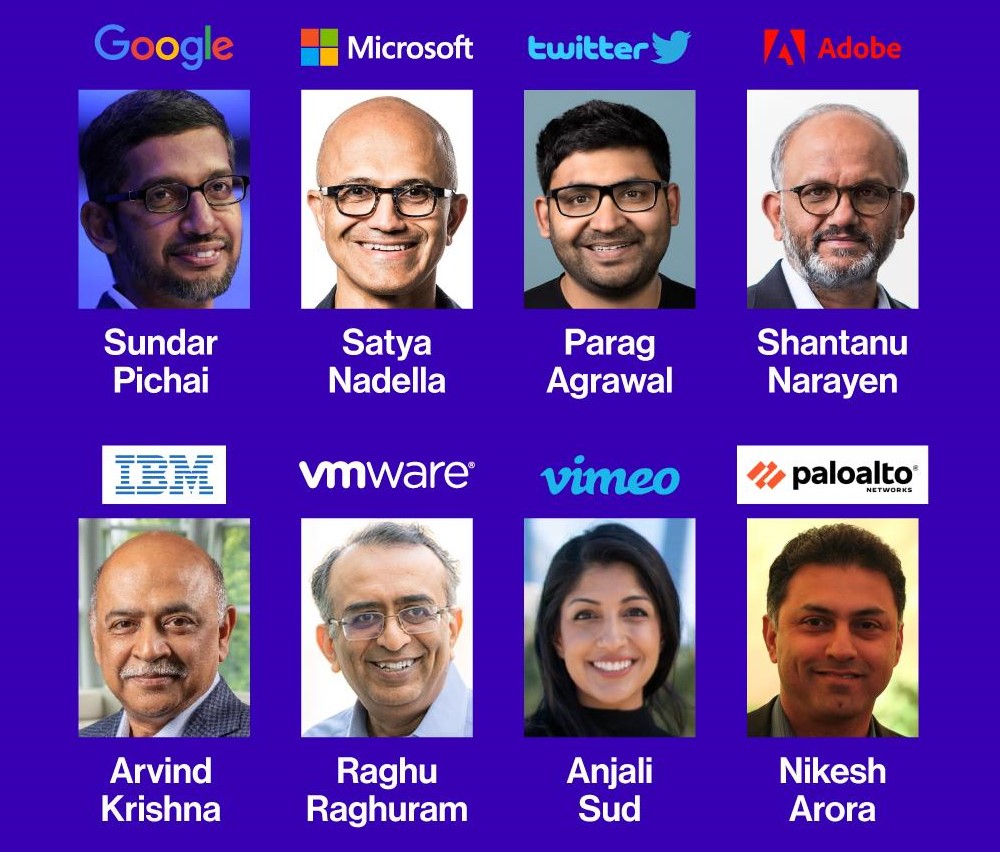
By a rough estimate, India churns out 4 million engineering graduates annually as compared to 700,000 by China and just 90,000 by the US. These graduates look for decent career and income opportunities anywhere in the world. The first-generation learners, aspirational India, in particular, want a good income opportunity to help mitigate the miseries of their families and to rise up above the economic and often social hierarchy. They sacrifice their first loves, desires, and passion for the sake of establishing themselves in society.
There could, in fact, be a lot more graduates from the central and state universities who too aspire and often succeed in their efforts. A good number of graduates go abroad for higher studies as well. These normally comprise those who would have the required merit as well as the means to afford the hefty expenses of studying abroad. These may also include some who got scholarships, fellowships, assistantships, etc. to finance their education abroad. A few of them come back but many choose to make a career there.
Aspirational, hardworking, intelligent, they blossom and flourish in the conducive ecosystem that those economies present. Naturally, many of them make it big and this list of honour has been growing bigger by the day. Those who are or have been at the helm of affairs of large corporate companies comprise Sundar Pichai, Satya Nadella, Vinod Khosla, Indira Nooyi, Parag Agarwal, and many more. These names are only illustrative, as the limited space for this piece prohibits the possibility of presenting an exhaustive list.
First generation learners want a good income opportunity to help mitigate the miseries of their families and to rise up above economic and often social hierarchy.
Also Read: Gurus Being Outsourced in ‘Vishwaguru’ India
The phenomenon is not confined to the domain of engineering and technology alone. The situation with the Indian scientists and academicians is no different. Many of those who went abroad for higher education and chose to make a career there, were recognized for their accomplishments and rewarded with coveted positions. An illustrative list may include Subra Suresh, President Carnegie Mellon University; Pradeep Khosla, Chancellor, University of California San Diego; Nitin Nohria and presently Sri Kant Datar as Dean Harvard Business School; Zaheer and Srilata Aaheer, Dean Carlson School of Management University of Minnesota; Soumitra Dutta, Dean Cornell University Business School; Sanjeev Kulkarni, Dean Princeton University Graduate School; Rakesh Khurana, Dean Harvard College; and many more.
A national database portal launched by the Govt of India has a list of 23,439 scientists or faculty and 3,674 Ph.D. scholars of Indian origin in the US, UK, Canada, and Australia alone as in 2021. The actual number must in fact be several times more. Being voluntary, the list is presently indicative and would gradually build up to become many times more.
The Indian physicians and surgeons constitute 20 percent of the foreign-trained doctors in the US. They account for 4.9 percent of the US and 10.9 percent of the UK physician workforce. In 2006, as many as 58,095 Indian educated physicians were working in the US alone. In 2017, as many as 69,000 Indian-trained physicians were working in the US, UK, Canada, and Australia.
Also Read: Internationalization of Indian Higher Education
Their absolute numbers may look very high but in relative terms, they make merely 6 percent of the number of doctors registered with the Medical Council of India. So is the case with the number of Indian nurses working in these four countries. These are reported to be 56,000, which is about 3 percent of the number of registered nurses in India. Disquietingly, however, it is reported that 20 to 50 percent of the Indian health care workers intend to seek employment abroad for a range of reasons. Reportedly, the Ministry of Skill Development and Entrepreneurship (MSDE) plans to supply 300,000 healthcare workers – doctors, nurses, allied health personnel – to the UK, Germany, Australia, Japan, Sweden by 2022.
This may look odd in view of the fact that in 2020, the doctor-population ratio of 1:1404 in India was well below the WHO prescribed ratio of 1:1000. Similarly, 1.7 nurses per 1000 in India is 43 percent less than the 3:1000 prescribed by WHO.
India has not been able to create an ecosystem that identifies, captures, and nurtures talents permitting them to achieve excellence in their chosen career.
India has occasionally relied on Indians who have made a mark in their chosen area of specialization for transforming Indian institutions but the results have been mixed. Undoubtedly, we have not been able to create an ecosystem that identifies, captures, and nurtures talents permitting them to achieve excellence in their chosen career.
Also Read: Should Ph. D. be Mandatory for Assistant Professors in the University?
How come most of the Indian Nobel Prize winners and Fields Medal awardees are those who left the country and were able to make their marks on foreign soil? The only exception is C.V. Raman who completed all his education in India and worked in India and won the Nobel Prize when still in India. The other exception could be Rabindra Nath Tagore, who, in fact, educated himself without going to any university. All others including Abhijeet Banerjee, Amartya Sen, Hargobind Khorana, Subrahmanyan Chandrashekhar, and Venkatraman Ramakrishnan, did their first degree in India, moved abroad for further higher education, and started their career abroad.
The moot question is as to why is it so? What do developed nations provide which enable Indians in academics and various other professions to attain such heights in their careers while working abroad? So long we find the answer to this critical question, let our brethren go and settle abroad. They might appear a loss to the nation but would be a gain to the profession that they wish to pursue and excel.
Disclaimer: The views expressed in this article are of the author solely. TheRise.co.in neither endorses nor is responsible for them.
About the author
Dr. Furqan Qamar is a former professor of management at Jamia Millia Islamia and an education advisor in the Planning Commission, now NITI Aayog, is currently the Chief Advisor to the Chancellor at Integral University, Lucknow. He has been the former Vice-Chancellor of the University of Rajasthan and Central University of Himachal Pradesh and Secretary General of Association of Indian Universities..


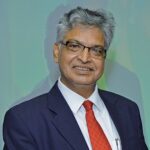

















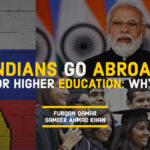

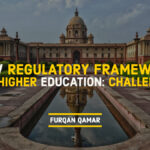



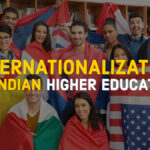









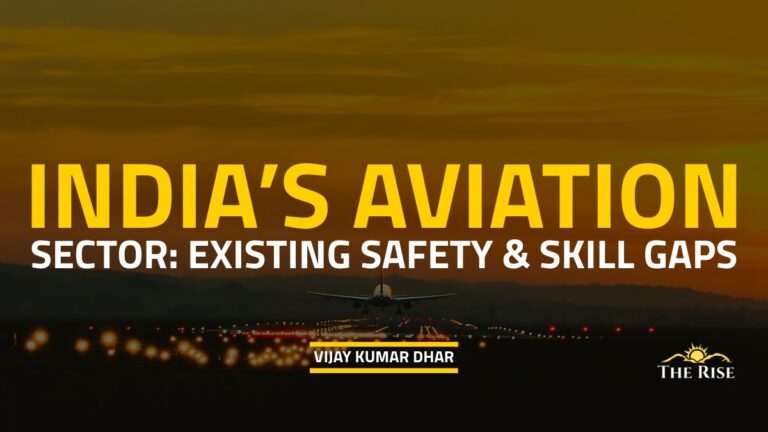
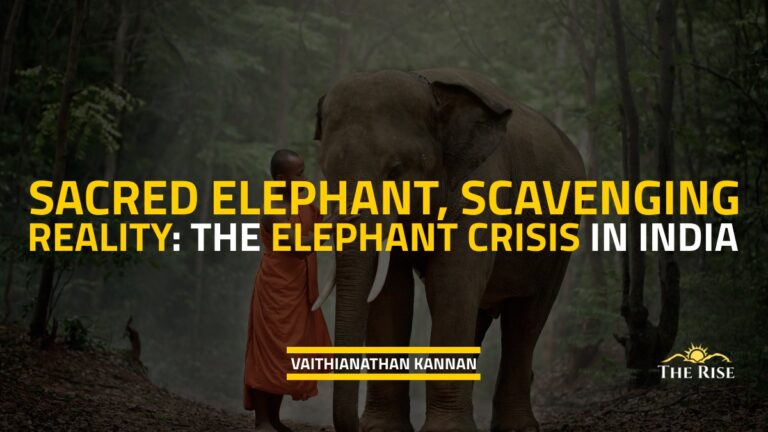


Pingback: Why Indians go abroad for Higher Education? - TheRise.co.in
Pingback: Expansion in Medical Education: Easier Said Than Done - TheRise.co.in
Pingback: Fee Fixation for Technical Higher Education - TheRise.co.in
Pingback: North East Festival-A Roadmap To Domestic And Global Ties - TheRise.co.in